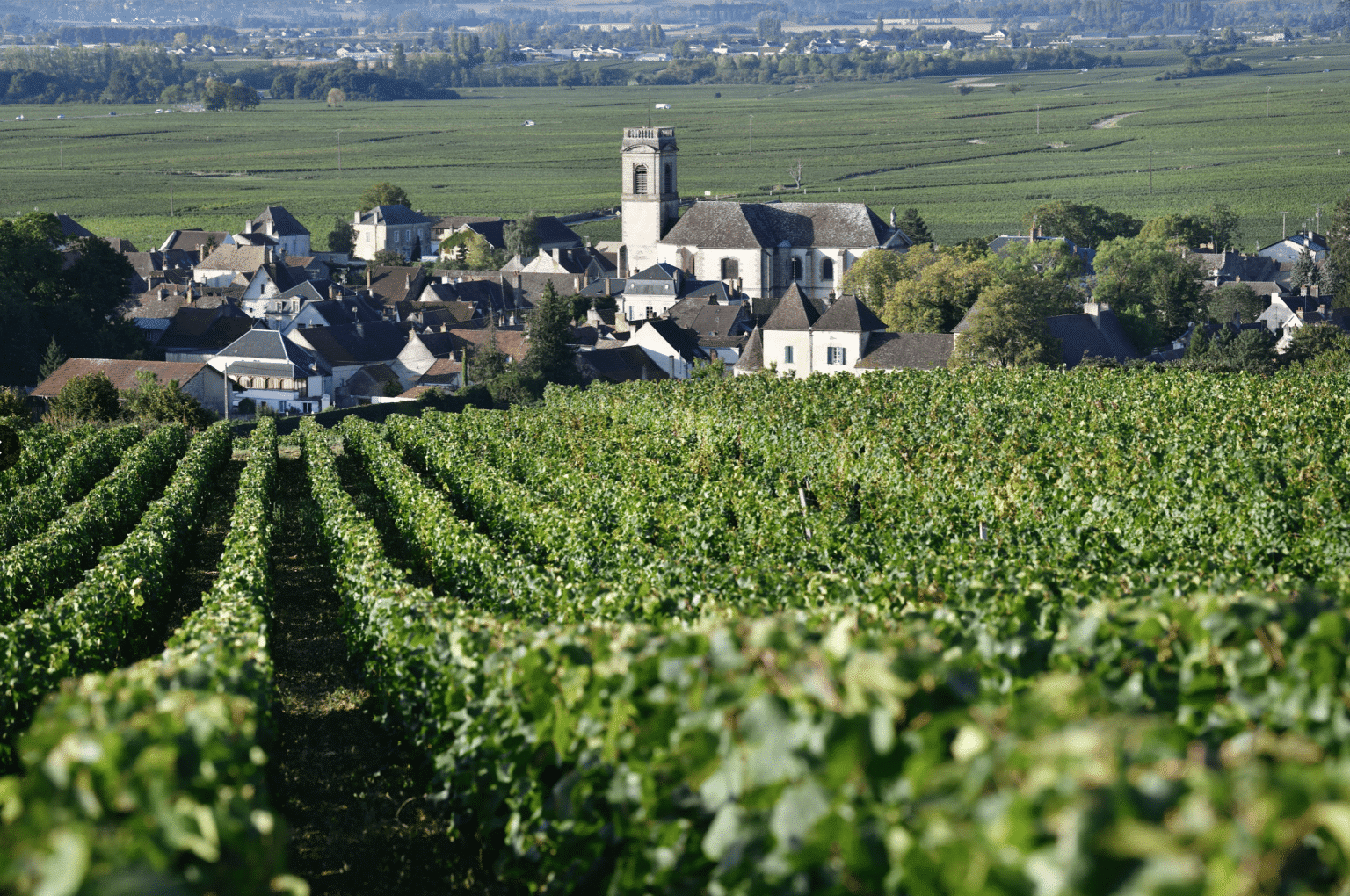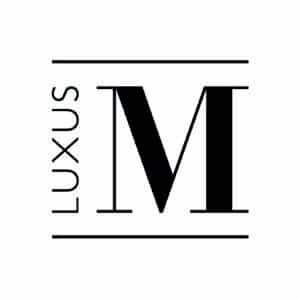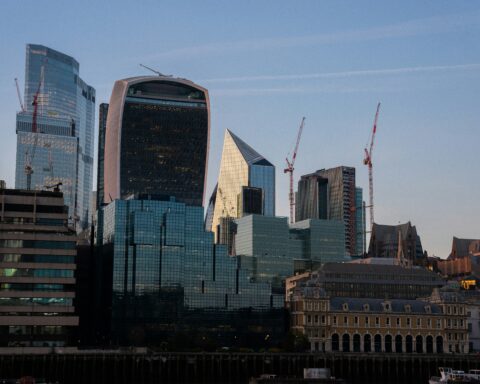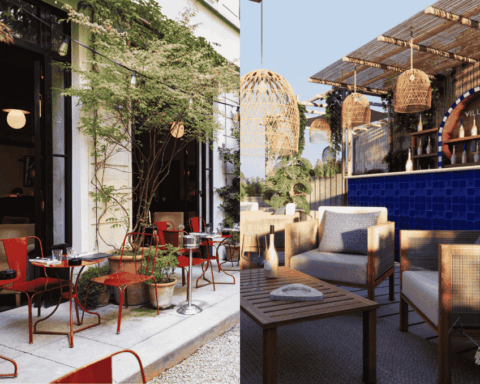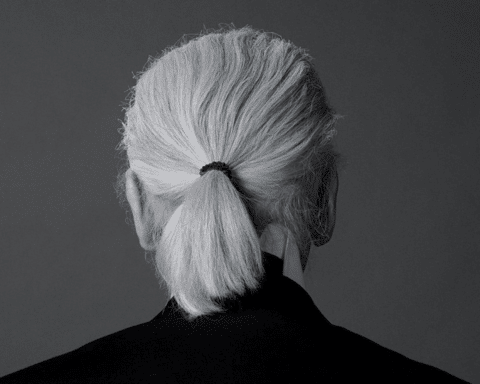Editor’s note: This article was first published in the print edition of the Fall/Winter 2022-23 issue of Luxus+ magazine. Click here to view the full issue.
Burgundy-Franche-Comté is a renowned land of hospitality. Accessible, it is praised for the quality of its gastronomy since the dawn of time. This tradition of hospitality has been perpetuated for centuries. With the newly opened International City of Gastronomy in Dijon as a showcase, its art of living and eating well is based on the richness of its products, whether they are the result of nature or the work of committed producers.
Burgundy-Franche-Comté is a sustainable region that attracts visitors from all over the world. At the crossroads of major European routes, sixty-five luxury hotels, thirty-eight Michelin-starred restaurants, and numerous estates offer the opportunity to experience the region’s gastronomic excellence. At a time when the Relais Loiseau, one of the region’s most emblematic establishments, is being handed down to the second generation, other establishments are changing hands and numerous projects are being developed. Proof, if any were needed, of the region’s assets.
The life of a castle
If the vine is the origin of luxury in Burgundy, it is also the gastronomic, patrimonial, historical, and cultural richness that delights French and international visitors.
Séverine Pétilaire-Bellet, the owner of the Hostellerie de Levernois and the Château Sainte-Sabine, two beautiful houses located a few minutes from the A6 freeway, has succeeded in combining the art of elegant entertaining with the excellence of the products and the abundance of culture. “You have to come and discover this fantastic diversity in both its rural and urban landscapes. It is also a luxury to go from one to the other so quickly. Clients marvel at the entire region and feel privileged to have access to so many riches,” enthuses this businesswoman who is returning to her roots. “The location appealed to me, but the decision was made easier by the great work done by Susane and Jean-Louis Bottigliero, the previous owners. I now strive to work with local producers.”
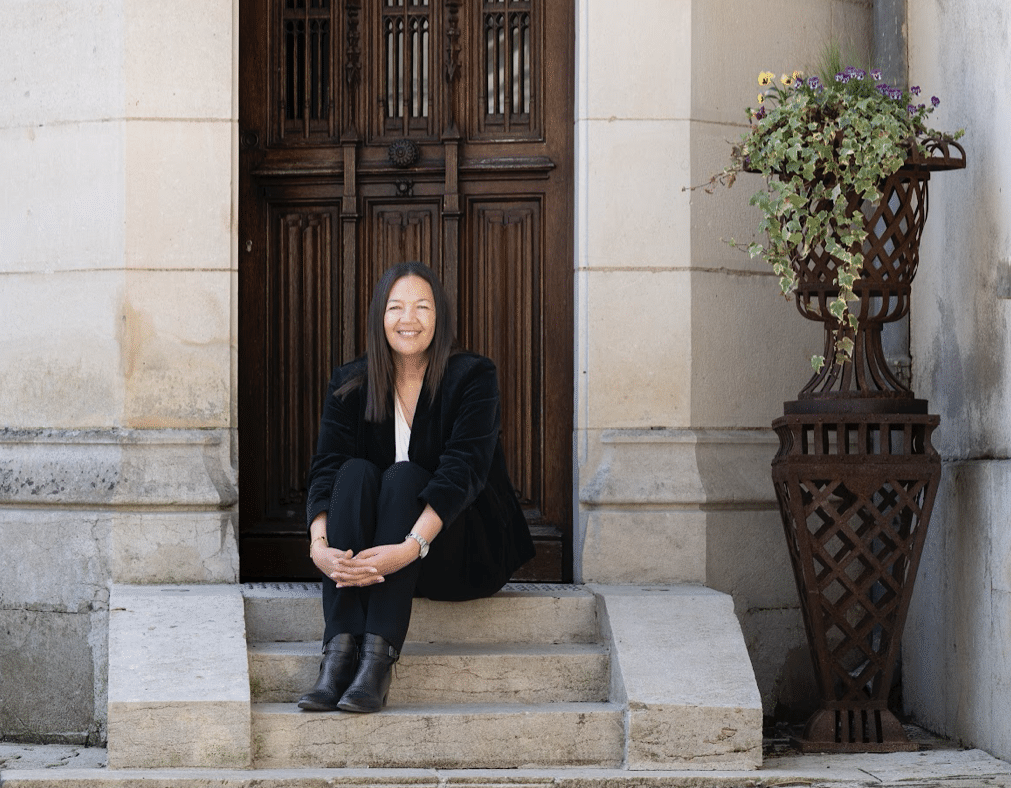
Nature in the kitchen
This is also the desire of Steven Naessens, the chef of Maison Jeunet, the two-starred restaurant of the Château de Germigney located in Port-Lesney in the Jura, a hotel that received its fifth star this year. Originally from Belgium, he arrived in Franche-Comté in 2006. “I immediately fell in love with the region and its riches. I was seduced by the great diversity of the region’s products. I work 90% with local producers who, for the most part.” Nature holds an important place in his cooking but also in his life. And especially in the plate of his guests: “what interests me is the respect of nature, the seasons and the animals. All this is more important than a label.”
The search for excellence by nature
If the region can boast nearly one hundred and seventy productions under quality labels (AOC/AOP/IGP), more than thirty classified growths, the producers, farmers and wine growers, are today numerous to develop committed practices that take into account all the dimensions of the ecological, environmental, and energy transition period.
Anne Parent, owner of the eponymous domain in Pommard (Côte d’Or), has long since chosen biodynamic viticulture, which preserves the earth and listens to the vines. She speaks of her wines almost lovingly: “Our approach is specific to produce beautiful grapes. Our vinification favors the balance between texture, matter, density but also finesse, elegance, complexity and sensuality of the wine. What interests us is to have a wine that gives pleasure and emotion.” But that’s without sacrificing its commitment to the environment: “Consumers want to know what they’re eating, what they’re drinking, where the products come from and how they’re made. We have something to reassure them.
Armand Heitz, winegrower and farmer goes even further. “Everything that comes from nature interests me. He works with the times, while retaining the spirit of yesteryear: “today, the estate’s project is to regain an autonomy, the resilience of an agricultural farm in the modern world.” At Château de Mimande, which he acquired in March 2020, located near the vineyards of the estate that bears his name, Armand Heitz is a fervent defender of the short circuit. This 21st century farmer combines the castle and his wine estate with a farm and market gardening to rediscover the taste and quality of excellent products.
Epicureans from all over the world meet in Burgundy-Franche-Comté. Around a table, with their feet in the vineyards, they discover a generous, gourmet region full of history. It attracts great chefs and investors who discover, here, a preserved environment conducive to cultivating this art of living that is so envied throughout the world.
Read also > ARNAUD DONCKELE : THE TASTE IN HERITAGE
Featured photo: © Laurent Cheviet




